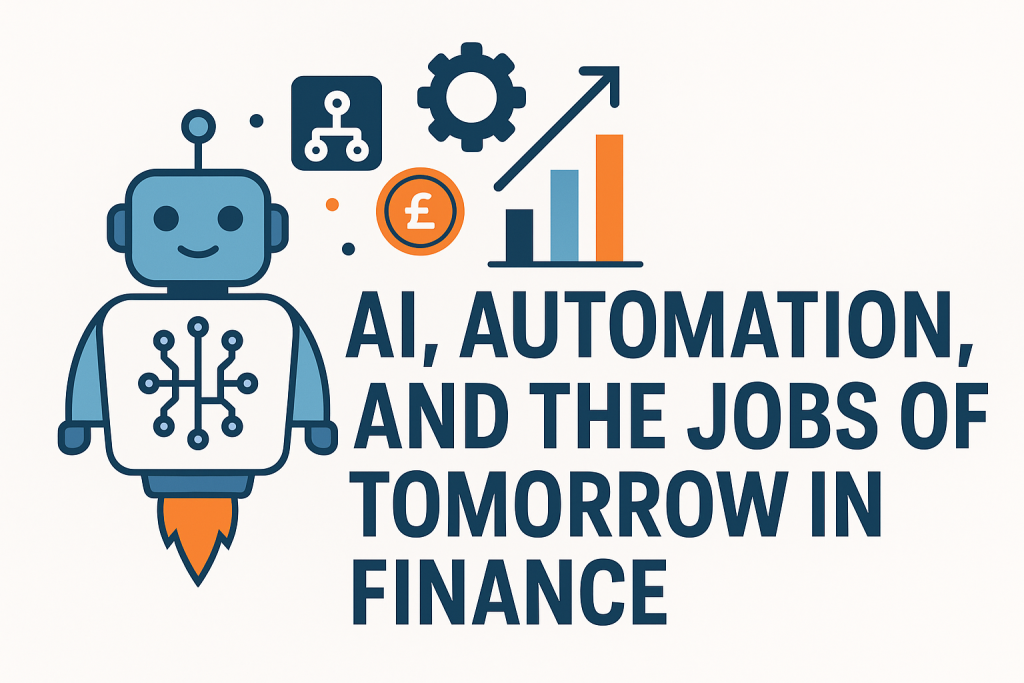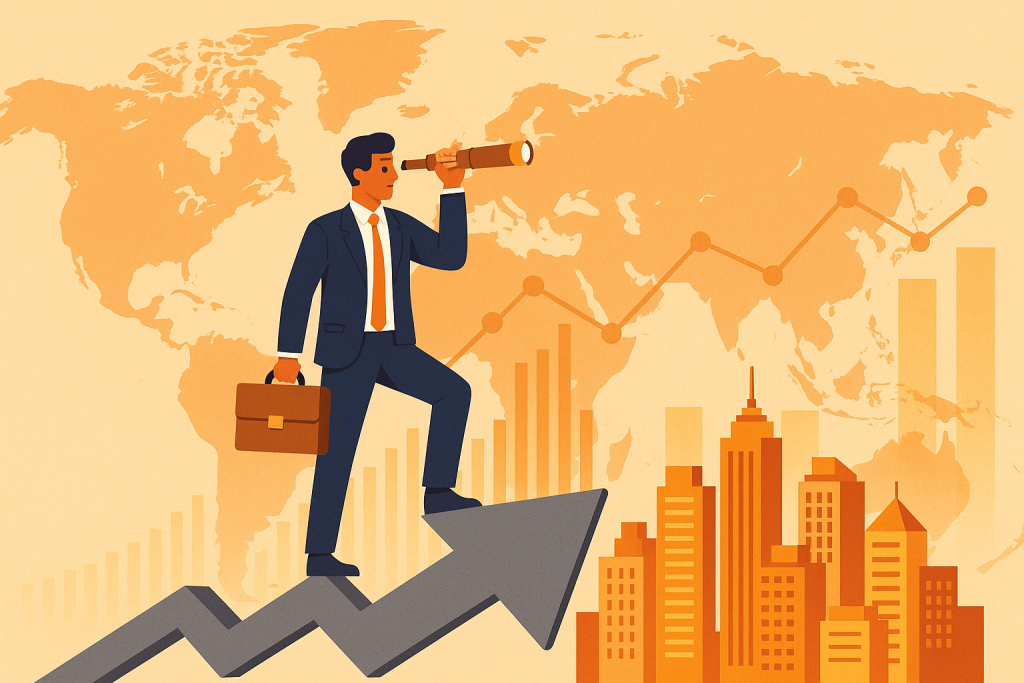AI, Automation, and the Jobs of Tomorrow in Finance
Artificial intelligence (AI) and automation are transforming industries across the globe, and finance is no exception. From banking apps that answer questions in seconds to algorithms that make trading decisions in milliseconds, technology is reshaping the way money is managed, moved, and multiplied. For professionals in finance, this evolution presents both opportunities and challenges: some roles are being streamlined or replaced, while new ones are being created at a rapid pace.
How AI is being used in finance today
AI is no longer a futuristic concept; it is already woven into everyday financial services. Examples include:
-
Customer service: Chatbots and virtual assistants handle millions of customer queries around the clock, freeing human staff to focus on complex issues.
-
Fraud detection: Machine learning systems analyse transactions in real time, spotting unusual activity and blocking fraudulent payments.
-
Credit scoring: Lenders now use AI models to assess borrowers, incorporating far more data than traditional credit checks.
-
Trading: Algorithmic trading systems execute deals in fractions of a second, responding to market shifts more quickly than any human trader could.
-
Compliance: Automated systems review documents and monitor activity to ensure firms comply with complex regulations.
These applications show how AI …


